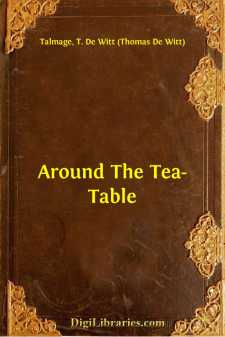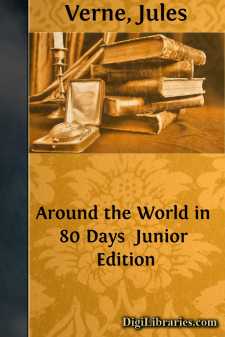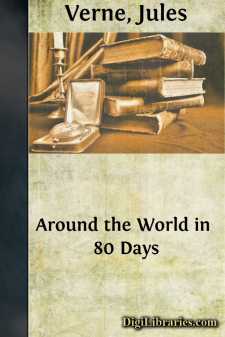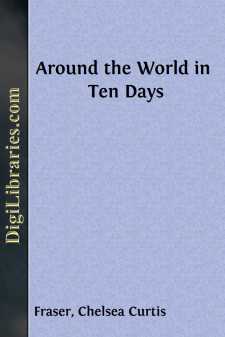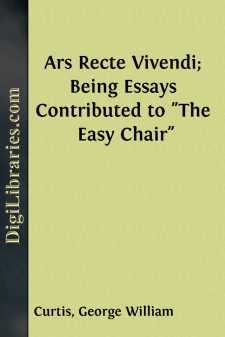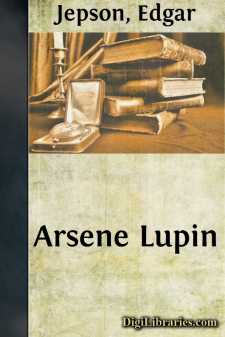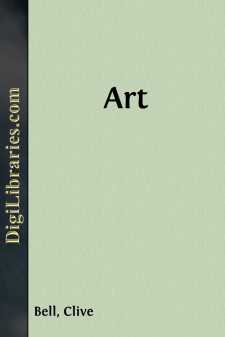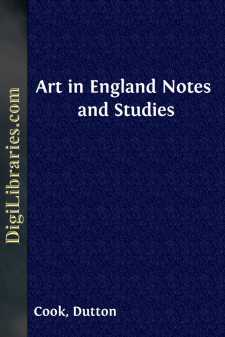Categories
- Antiques & Collectibles 13
- Architecture 36
- Art 48
- Bibles 22
- Biography & Autobiography 813
- Body, Mind & Spirit 142
- Business & Economics 28
- Children's Books 17
- Children's Fiction 14
- Computers 4
- Cooking 94
- Crafts & Hobbies 4
- Drama 346
- Education 46
- Family & Relationships 57
- Fiction 11829
- Games 19
- Gardening 17
- Health & Fitness 34
- History 1377
- House & Home 1
- Humor 147
- Juvenile Fiction 1873
- Juvenile Nonfiction 202
- Language Arts & Disciplines 88
- Law 16
- Literary Collections 686
- Literary Criticism 179
- Mathematics 13
- Medical 41
- Music 40
- Nature 179
- Non-Classifiable 1768
- Performing Arts 7
- Periodicals 1453
- Philosophy 64
- Photography 2
- Poetry 896
- Political Science 203
- Psychology 42
- Reference 154
- Religion 513
- Science 126
- Self-Help 84
- Social Science 81
- Sports & Recreation 34
- Study Aids 3
- Technology & Engineering 59
- Transportation 23
- Travel 463
- True Crime 29
Sort by:
CHAPTER I. THE TABLE-CLOTH IS SPREAD. Our theory has always been, "Eat lightly in the evening." While, therefore, morning and noon there is bountifulness, we do not have much on our tea-table but dishes and talk. The most of the world's work ought to be finished by six o'clock p.m. The children are home from school. The wife is done mending or shopping. The merchant has got through...
more...
by:
Jules Verne
In Which Phileas Fogg, Passepartout and FixGo Each about His Business The weather was bad during the latter days of the voyage. The wind, obstinately remaining in the northwest, blew a gale, and retarded the steamer. The Rangoon rolled heavily and the passengers became impatient of the long, monstrous waves which the wind raised before their path. A sort of tempest arose on the 3rd of November, the...
more...
by:
Jules Verne
Chapter I IN WHICH PHILEAS FOGG AND PASSEPARTOUT ACCEPT EACH OTHER,THE ONE AS MASTER, THE OTHER AS MAN Mr. Phileas Fogg lived, in 1872, at No. 7, Saville Row, Burlington Gardens, the house in which Sheridan died in 1814. He was one of the most noticeable members of the Reform Club, though he seemed always to avoid attracting attention; an enigmatical personage, about whom little was known, except that...
more...
CHAPTER I PAUL AND BOB "Did you say this big Air Derby around the world takes place this coming summer, Bob?" "So dad told me at the breakfast table this morning, Paul. The plans have just been completed. He said full details would be in to-day's papers." "And the afternoon edition is out now, for there's a newsie just ahead of us who is calling out the Daily Independent....
more...
by:
Marietta Holley
CHAPTER I Our son, Thomas Jefferson, and his wife, Maggie, have been wadin’ through a sea of trouble. He down with inflamatory rumatiz so a move or jar of any kind, a fly walkin’ over the bedclothes, would most drive him crazy; and she with nervious prostration, brought on I spoze by nussin’ her pardner and her youngest boy, Thomas Josiah (called Tommy), through the measles, that had left him...
more...
PREFACE I republish in this little volume a few of my numerous articles that have appeared in the Secularist, the Liberal, the National Reformer, and the Freethinker, during the last five or six years. I have included nothing (I hope) of merely ephemeral interest. Every article in this collection was at least written carefully, and with an eye to more than the exigencies of the moment. In disentombing...
more...
EXTRAVAGANCE AT COLLEGE Young Sardanapalus recently remarked that the only trouble with his life in college was that the societies and clubs, the boating and balling, and music and acting, and social occupations of many kinds, left him no time for study. He had the best disposition to treat the faculty fairly, and to devote a proper attention to various branches of learning, and he was sincerely sorry...
more...
by:
Edgar Jepson
CHAPTER I The rays of the September sun flooded the great halls of the old chateau of the Dukes of Charmerace, lighting up with their mellow glow the spoils of so many ages and many lands, jumbled together with the execrable taste which so often afflicts those whose only standard of value is money. The golden light warmed the panelled walls and old furniture to a dull lustre, and gave back to the...
more...
by:
Clive Bell
I THE AESTHETIC HYPOTHESIS It is improbable that more nonsense has been written about aesthetics than about anything else: the literature of the subject is not large enough for that. It is certain, however, that about no subject with which I am acquainted has so little been said that is at all to the purpose. The explanation is discoverable. He who would elaborate a plausible theory of aesthetics must...
more...
by:
Dutton Cook
EARLY ART SCHOOLS IN ENGLAND. harles the First appears to have been the first English Sovereign who regarded art, not merely as an aid to the splendour of the throne, but for its own sake. As Walpole says, 'Queen Elizabeth was avaricious with pomp, James the First lavish with meanness.' To neither had the position of the painter been a matter of the slightest concern. But from Charles the...
more...


